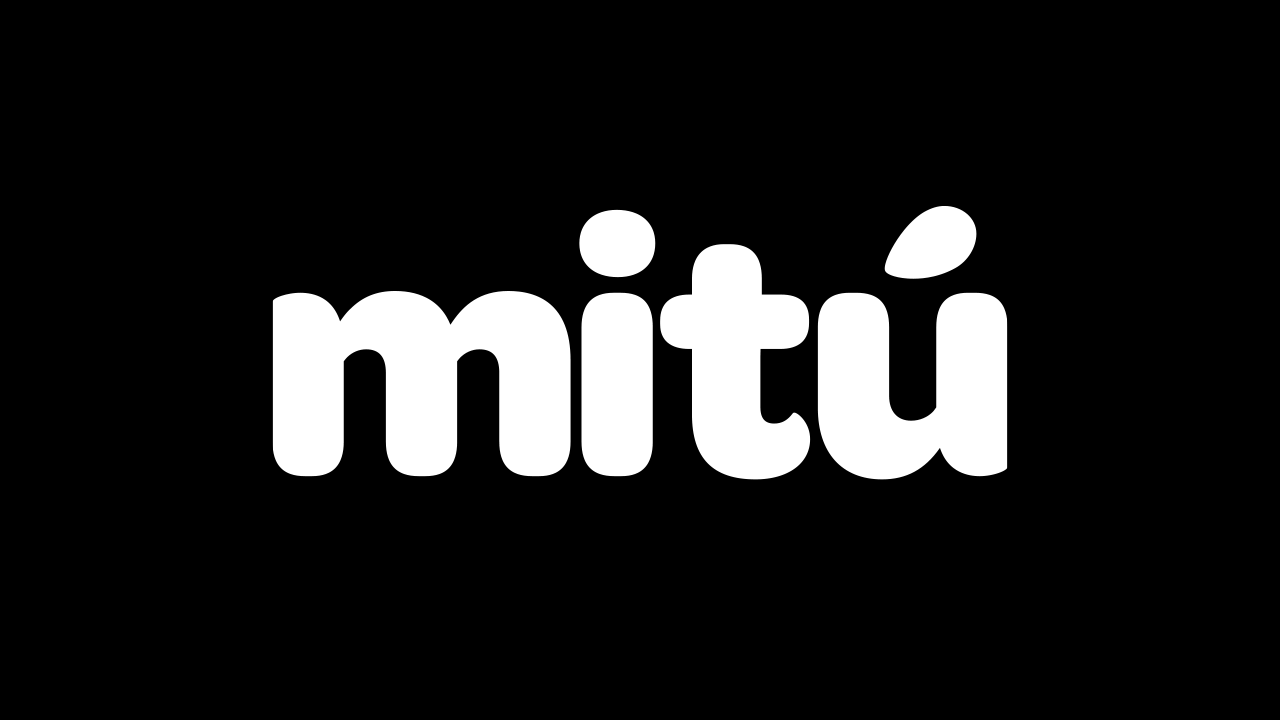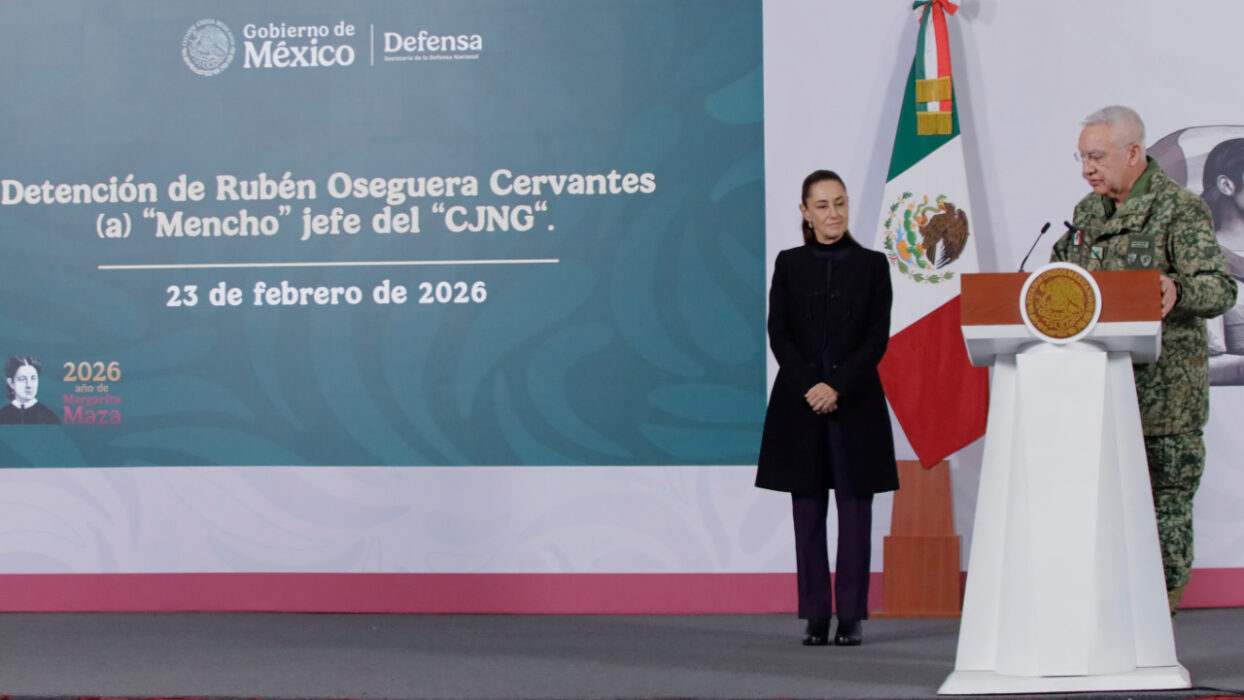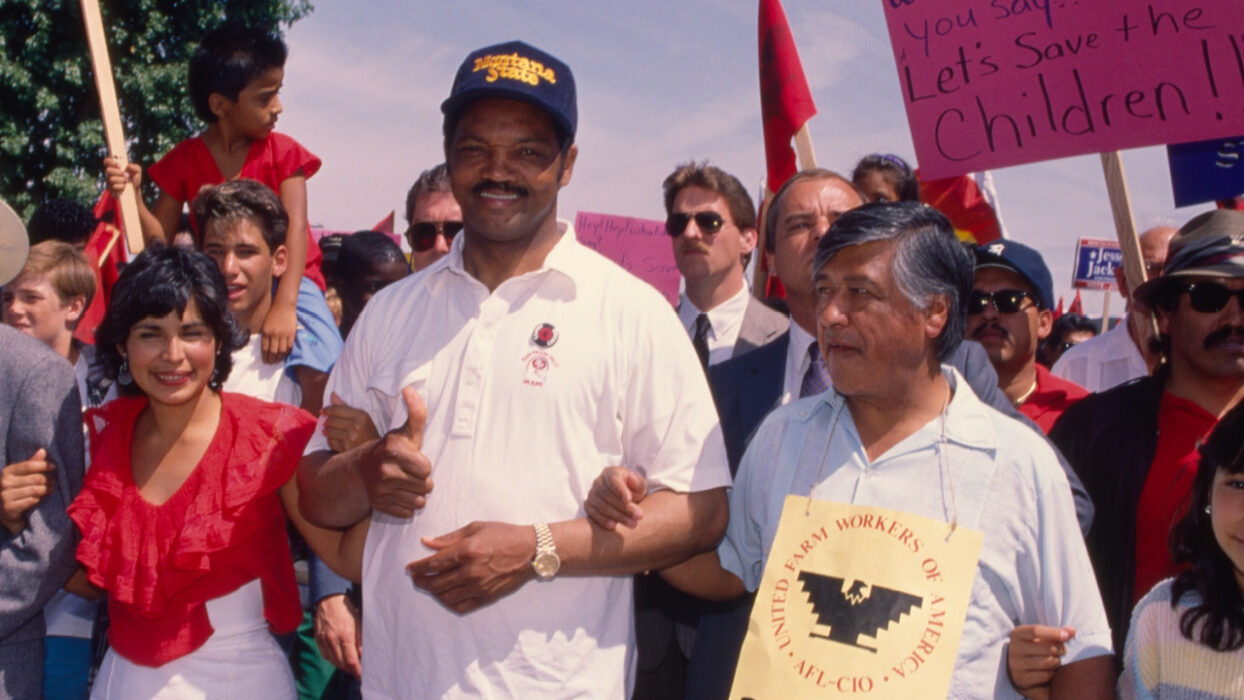
This Indigenous Girl’s Ancestral Language Was Lost To Time, So She Wrote a Children’s Book About Finding It Again
Courtesy Newman-Ting Family; vofgchilren/Instagram
One of the tragic side effects of colonization is that some parts of Indigenous culture were permanently lost to time. Art, customs, stories, and language were erased. In order to survive, many Indigenous folks had to assimilate and therefore lost integral parts of their heritage. One young Indigenous girl in British Colombia is acknowledging this loss through the power of storytelling.
In honor of her father’s lost language, Adelyn Newman-Ting penned a children’s book about re-finding the Indigenous language of their ancestors.
When Adelyn Newman-Ting heard that UNESCO was holding a youth writing competition, she knew immediately that she wanted to participate. Although she was only 9-years-old at the start of writing her book, Adelyn already felt the loss of her ancestral language.
“My mom’s language is Mandarin and that’s spoken worldwide,” she told CBC. “But my dad’s (Indigenous) language is almost dead and gone.” So, she decided to write a children’s book about rediscovering the Kwakʼwala language to educate children all over the world about lost languages. Thus “Finding the Language” was born.
“Finding the Language” won the Voices of Future Generations contest, making her the first Indigenous child ever earn the award.
The book follows two children, Kesugilakw (Kesu) and Bob as they find the lost Kwakʼwala language by consulting with a wolf, a raven, and tribal elders. Adelyn’s father, Carey Newman, worked as “research assistant” for the story.
Newman teared up while talking about his daughter’s work. “When she made this connection between land and language…” he told CTV. “Kids and their perspective have a way of cutting through all the politics and things and finding the purity of it.”
“The [Kwakʼwala language] is his culture and therefore part of my culture and we can’t speak it because it got taken away in residential schools,” Newman-Ting told CBC. Residential schools were a means for the Canadian government to try and force Indigenous children to assimilate to Western, Anglo culture. The schools have since been revealed as hellish, violent, abusive places for Indigenous children. Stories abound of starvation, sexual assault, and even infanticide.
Newman-Ting’s father explained to CBC the story made him so emotional because he lost his language through forced assimilation at a residential school himself.
“Honestly the first time I read the first little bit, I got kind of emotional. I still do. Because it’s such a pure reality to [the fact] she doesn’t have the language.”
Carey Newman is still processing the loss of his ancestral language and the implications it will have for generations to come. “I had come to terms with [the loss of my language]. But to think of that also extending through to her generation…it’s an emotional thing. Because it is the persistence of residential school legacy, at least in the case of our family,” he said.
The Newman-Ting family may no longer know the Kwakʼwala language, but Adelyn Newman-Ting is keeping the memory of the language alive through storytelling.
You can read “Finding the Language” in its entirety here.




